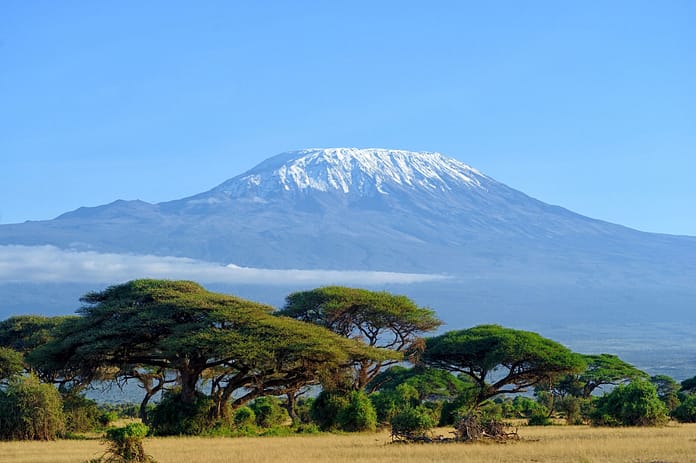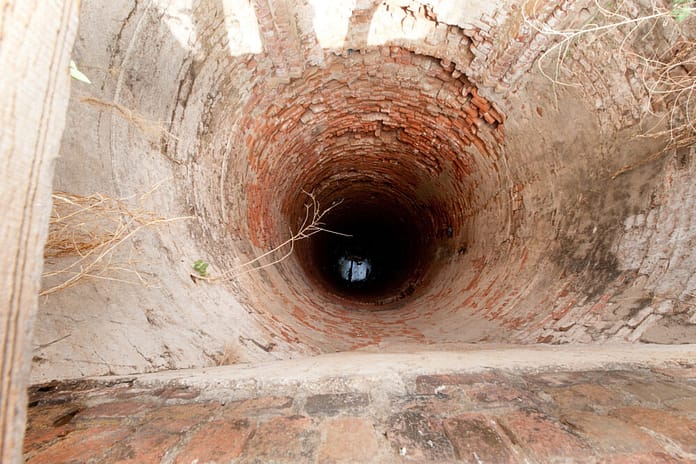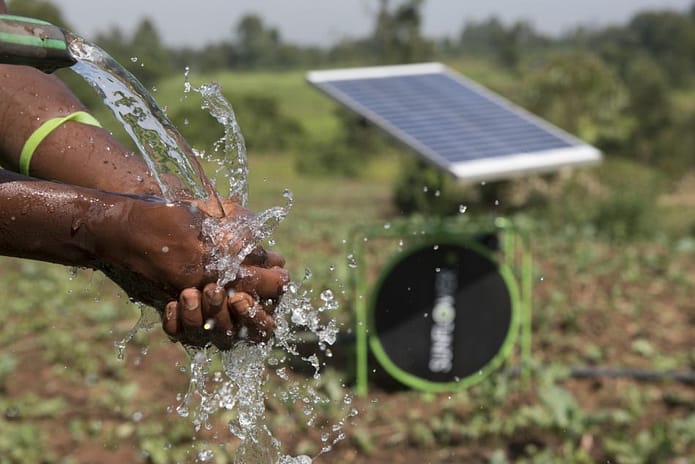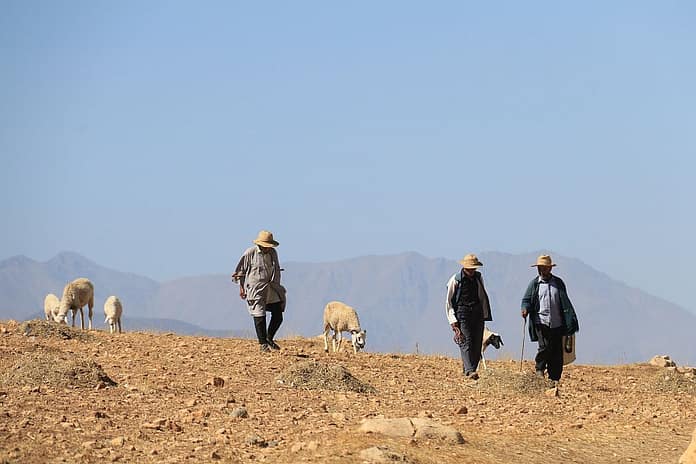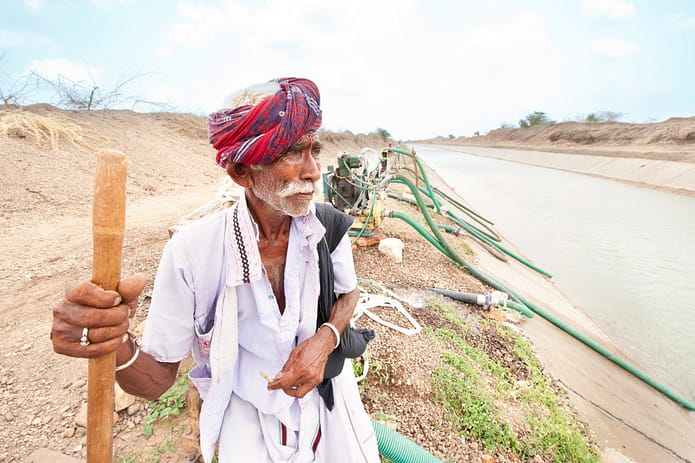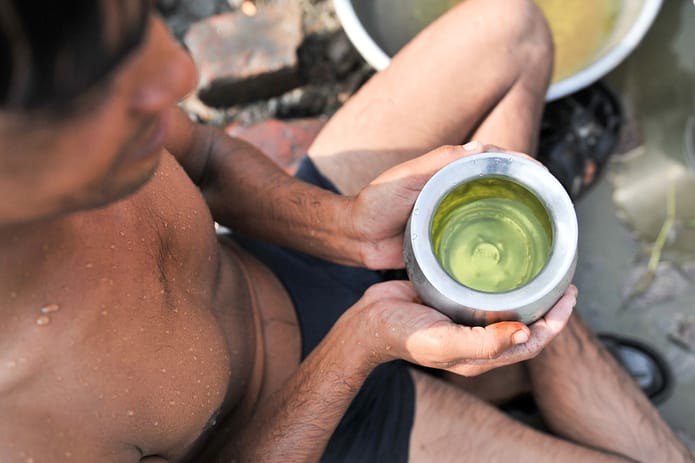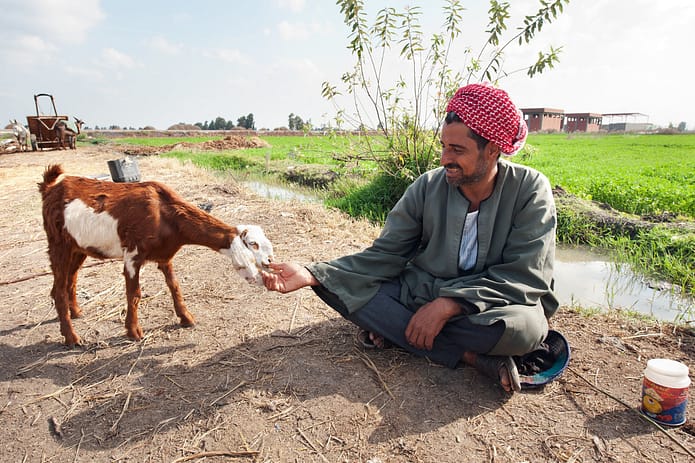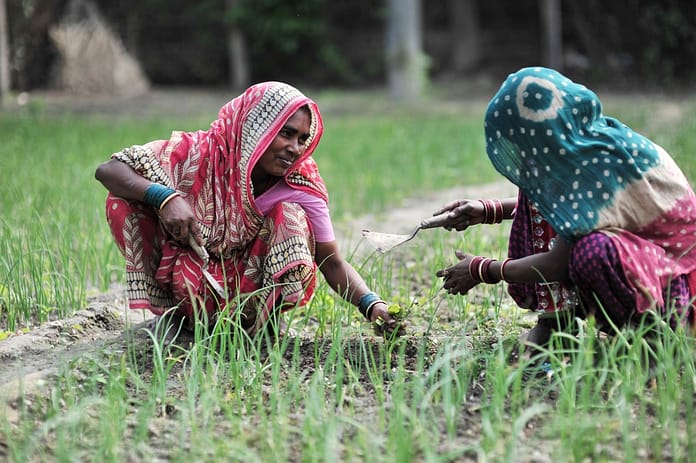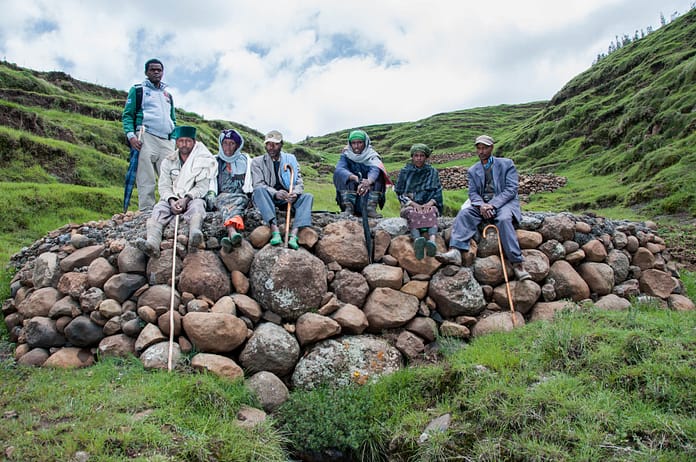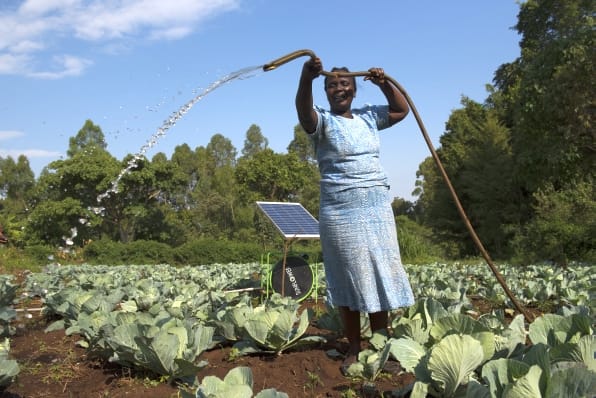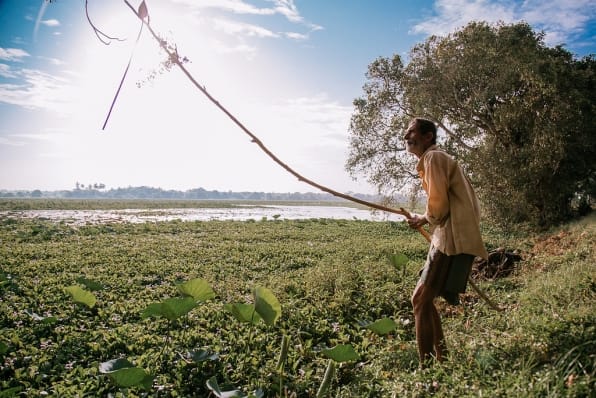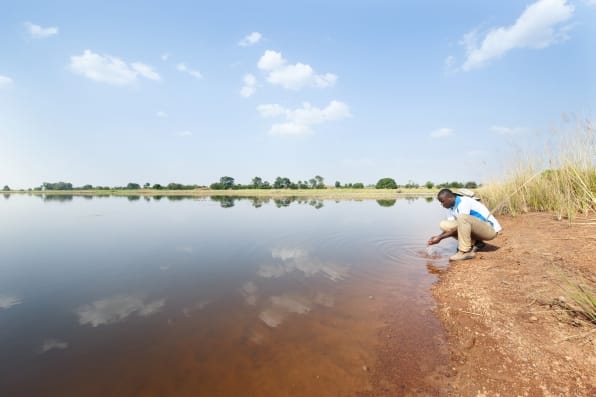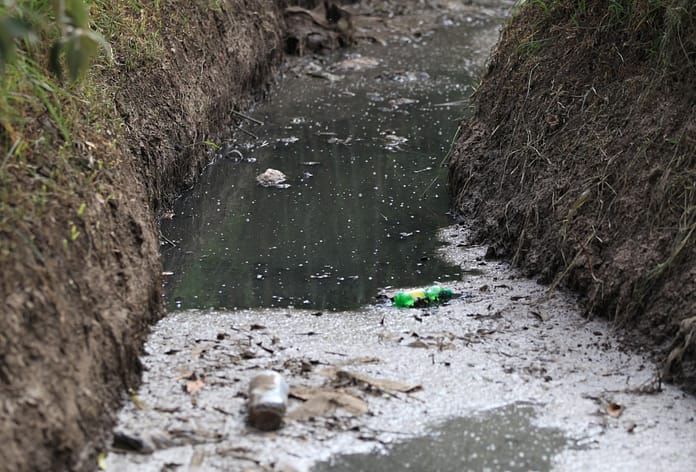By Nafn Amdar, Maha Al-Zubi and Karthikeyan Matheswaran

Water is life. But in Jordan, it is also a dwindling resource. With irrigation consuming nearly half of the country’s water supply, ensuring sustainable use is critical. In areas like the Amman-Zarqa basin, groundwater depletion has reached alarming levels, with some wells plunging beyond 400 meters. This water crisis has left farmers struggling to sustain their livelihoods, facing increasing costs and resorting to unauthorized deeper wells.
Efforts to curb groundwater over-extraction through higher tariffs and closing illegal wells have had limited success. Economic pressures and weak enforcement continue to drive unsustainable water use. While alternative solutions, such as treated wastewater irrigation, exist, they come with high costs and social resistance, shifting the focus toward more efficient water use. But does better efficiency mean water conservation?
The logic seems simple—using water more efficiently should mean less waste. But in reality, efficiency gains do not always lead to water savings. When farmers save water, they might expand irrigation or shift to more water-intensive crops, negating the conservation benefits.
This irrigation paradox highlights the need for a systems thinking approach—one that looks beyond individual farms and considers the broader impacts of water use across entire agricultural systems. Only by understanding these interconnections can Jordan achieve real water conservation, securing food production and building climate resilience in the face of rising demand.

Lessons from Jordan’s Amman-Zarqa Basin
Between 2017 and 2021, the International Water Management Institute (IWMI)’s Water Innovation Technologies (WIT) project implemented irrigation solutions like pressure-compensating drip systems and automated irrigation across 150 large farms in the highlands, including the Amman-Zarqa basin. The results were promising: 28 million cubic meters of water were saved over five years, with 24 million cubic meters conserved in agriculture alone.
However, a key question remains: where did the saved water go? Was it retained in aquifers, did it get reused by farmers or was it reallocated by water managers? This uncertainty underscores the importance of a holistic systems thinking framework, ensuring that efficiency improvements translate into actual conservation rather than increased consumption.
For water conservation efforts to be truly effective, three interconnected levels of field, farm and basin must be addressed.
Farmers play a direct role in water use through their irrigation practices. Encouraging them to test and adopt water conservation technologies —like advanced drip irrigation—can drive meaningful change. For lasting impact, however, farmers need to ensure that these can actually sustain their crop yields.
Beyond individual fields, scaling up conservation practices across entire farms is crucial. Infrastructure improvements, financial incentives like loans for irrigation technology, and clear cost-benefit assessments help farmers align water use with actual irrigation needs under conservation practices. Capacity-building programs can further support this transition.
For real water savings, water managers and policymakers must translate on-farm efficiency into reduced groundwater withdrawals. This requires farmer-focused mechanisms like cap-and-trade systems or compensation models for unabstracted water. Strict monitoring and land-use regulations are also essential to prevent irrigation expansion that cancels out efficiency gains.

The path to achieving the Sustainable Development Goals (SDGs)
By integrating systems thinking into Jordan’s water conservation efforts, the country can contribute to global sustainability objectives, particularly SDG 6.4 onwater efficiency, SDG 2 on Zero Hunger and SDG 13 on Climate Action. Sustainable irrigation not only secures water resources but also enhances food security and climate resilience.
Jordan stands at a crossroads in its fight against water scarcity. Adopting a systems thinking approach can transform irrigation efficiency into true conservation, ensuring that saved water benefits the entire system rather than fuelling further consumption.
On this World Water Day, let’s commit to long-term, integrated solutions that bridge the gap between efficiency and conservation. By working collectively—farmers, policymakers and water managers—we can build a water-secure future for Jordan and beyond.


